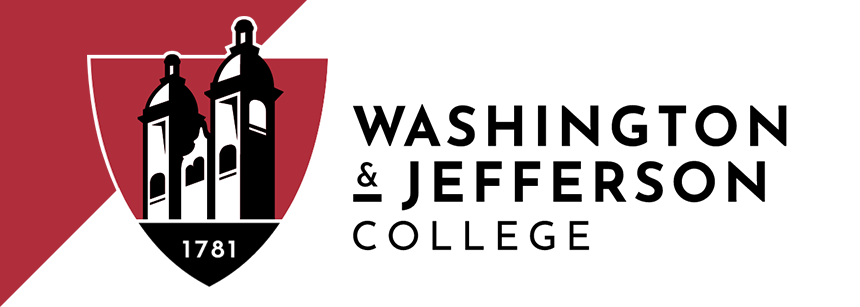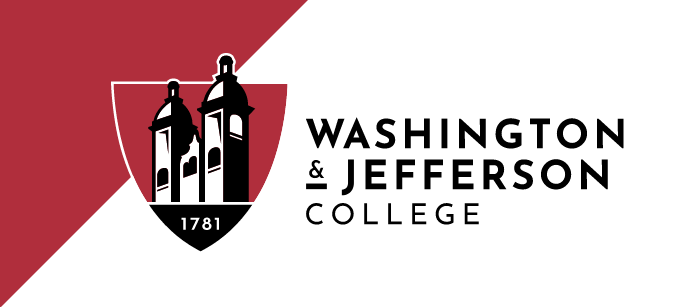WASHINGTON, PA (Sept. 28, 2016) – Washington & Jefferson College junior Rachel Nye is out to save the environment, one alternative energy source at a time.
The aspiring chemical engineer completed her second Magellan Project in 2016, traveling to Madrid and Valencia to survey the public’s opinion of, and knowledge about, various energy sources. She also shadowed researchers in different aspects of the field.
“My goal was to explore the energy sector and learn about potential careers in this area,” said Nye, a chemistry and Spanish double major. “I was actually able to explore two different types of such careers: one in industry and one in research.”
Speaking only in Spanish, Nye conducted surveys of residents in Madrid and Valencia to see what they already knew about alternative energy sources, and what they thought would be important to pursue. She tracked her results on a spreadsheet, which she formatted into a graph at the end of her study.
“One conclusion of the survey that pleasantly surprised me was that the vast majority of people found alternative energy development important and worth funding,” Nye said. “Most stated that education on the issue was the most important factor in this development.”
Nye’s study found that people in her focus groups almost unanimously supported solar and wind energy, while nuclear energy had only 50-percent support. She also asked respondents about biomass energy, which is derived from burning plants in order to release the energy they capture from the sun. She learned that most people either didn’t understand or hadn’t heard of the process, but that those who knew about it supported it.
Also during her trip, she shadowed an engineer at Azigrene Consultores in Valencia, a consulting company that works to help factories reduce their energy usage. She worked with a researcher at Hospital Sanitaria La Fe in Valencia as well. Although this portion of her Magellan was not directly related to the energy sector, Nye gained experience working in a professional lab, and is now considering a career as a researcher in the energy sector.
Nye’s project was a continuation of her 2015 Magellan, during which she studied biodiversity in Mexico and Ecuador. During her travels, she visited a farm that produced its own energy, and decided to take on a more in-depth study of energy sources.
And she’s not done yet. Nye plans to build on her 2016 Magellan research with a related project for her Physical Chemistry lab this semester.
“The most important take-away from my Magellan is making me think more about a research-centered career,” she said. “My journey in Spain has opened my eyes to new career possibilities, and although I am still unsure as to what decision I will make regarding my career and continued education, I am confident that during the rest of my time at W&J I will be able to make the right one for me.”
About the Magellan Project
Established in 2008, Washington & Jefferson College’s unique Magellan Project extends liberal arts learning outside the classroom by providing scholarship funding for students to spend the summer pursuing independent projects and internships in the United States and abroad. Learn more about the Magellan Project on the W&J website.
About Washington & Jefferson College
Washington & Jefferson College, located in Washington, Pa., is a selective liberal arts college founded in 1781. Committed to providing each of its students with the highest-quality undergraduate education available, W&J offers a traditional arts and sciences curriculum emphasizing interdisciplinary study and independent study work.
Are you ready to Be A President? Apply to W&J now.

